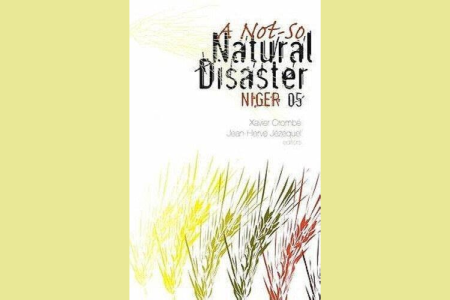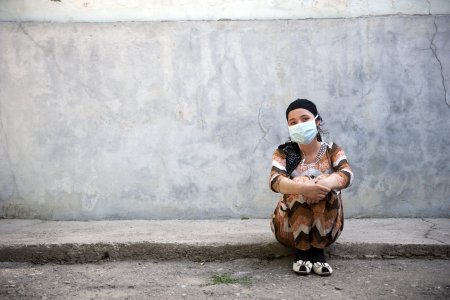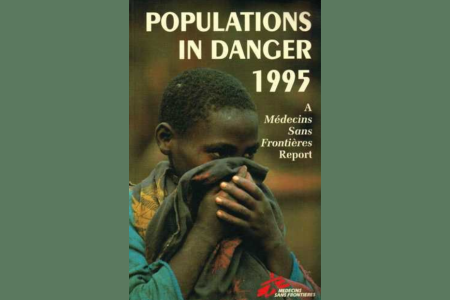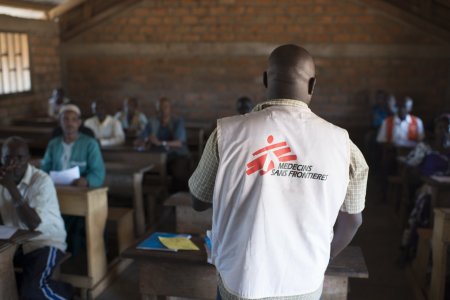Providing care to individuals, responding to disasters
What are the challenges, limitations, constraints, paradoxes and potential breakthroughs of humanitarian medicine, which specialises in treating marginalised and deprived populations affected by crises? Deconstructing a number of “healthcare utopias,” the studies contained in this volume review the history of global health innovations to which MSF has contributed. They also explore the current state of knowledge, practices and concerns relating to certain focus areas, such as nutrition, AIDS, water supply, food aid, reconstructive surgery, epidemic response, surveillance and disaster epidemiology.
 Book
Book
Niger: A Not-So Natural Disaster
10/01/2007Twenty years after the charity concerts for the Sahel Nigerien politicians, institutional donors, aid agencies and humanitarian organisations clashed on the nature and substance of the crisis affecting Niger in 2005. Identifying the causes of, and adequate responses to, the situation also gave rise to profound disagreements. Having set up their most ambitious emergency nutrition programme to date, Médecins Sans Frontières found itself at the forefront of these controversies.
 Wendy Marijnissen
Opinion
Wendy Marijnissen
Opinion
Health and Human rights
05/01/2003Rony Brauman questions the link between public health decisions and the right to health care.
 Book
Book
Populations in danger 1995
11/01/1995« Never again »: in the wake of the second World War, the terror caused by the Holocaust led the community of states to condemn genocide as a crime and to create a new international organization, the United Nations. And yet, half a century later, the international community did nothing to prevent the first undeniable genocide since that of the Jews: it let the massacre of the Rwandan Tutsis and merely sent humanitarian aid, even though it was nearly over.
 Colin Delfosse
Book
Colin Delfosse
Book
Life, Death and Aid
11/01/1993With the end of the Cold War came the hope of a "New World Order". yet the tragedies of war and famine continue to dominate our headlines. Humanitarian law is still violated every day. Emergency aid from the United Nations and donor governments remains inadequate and military interventions often fail to restore durable peace.
